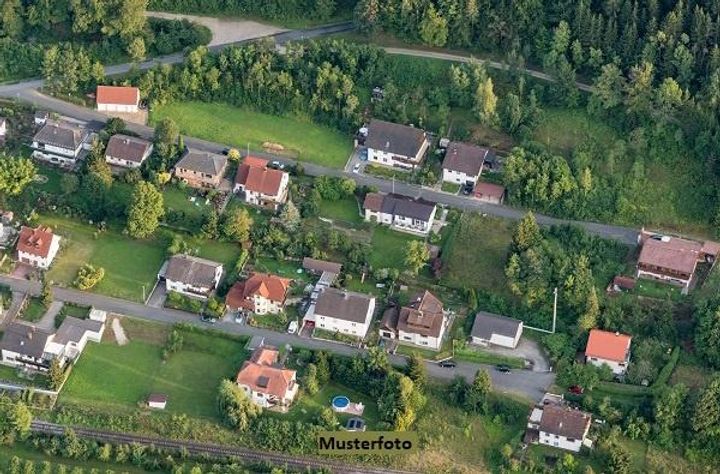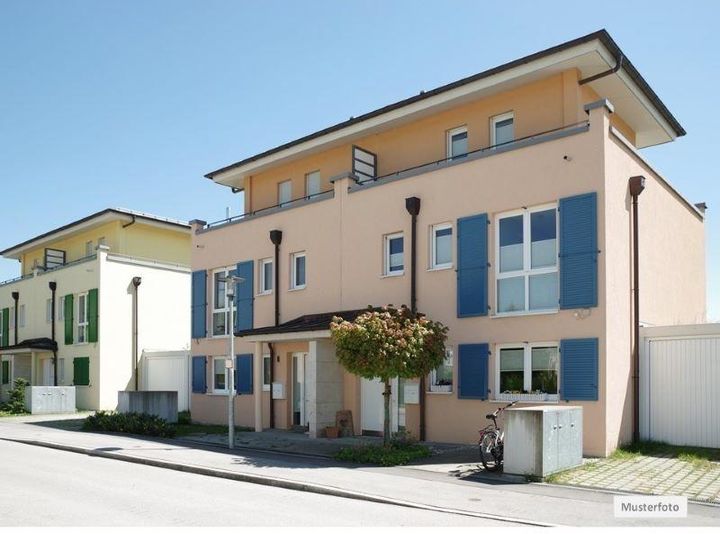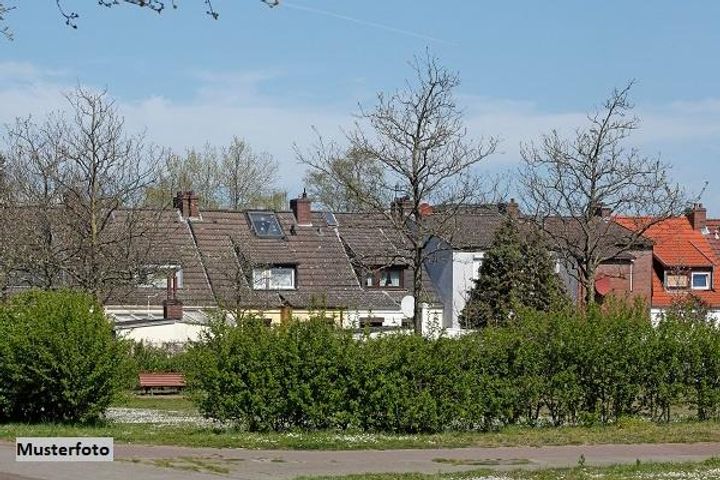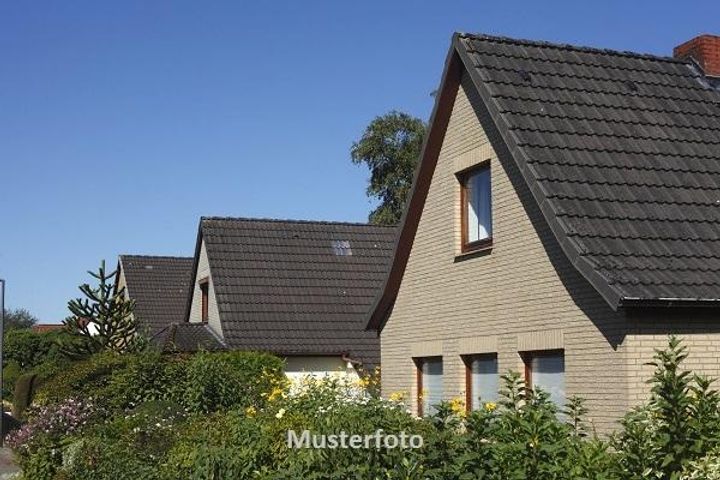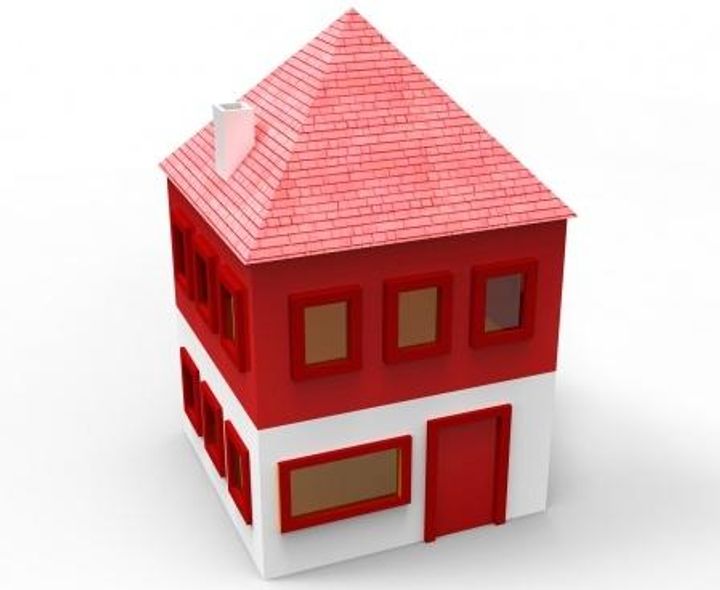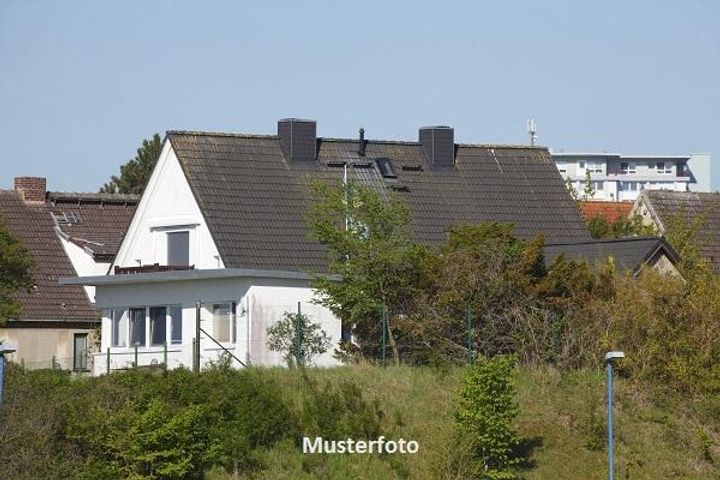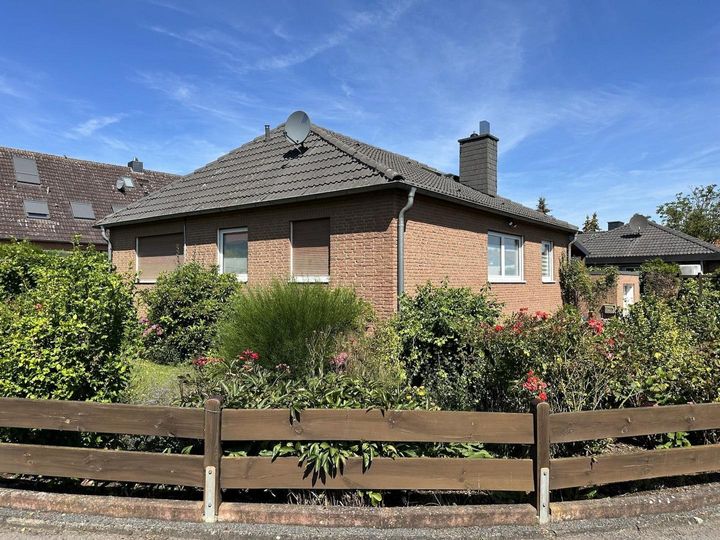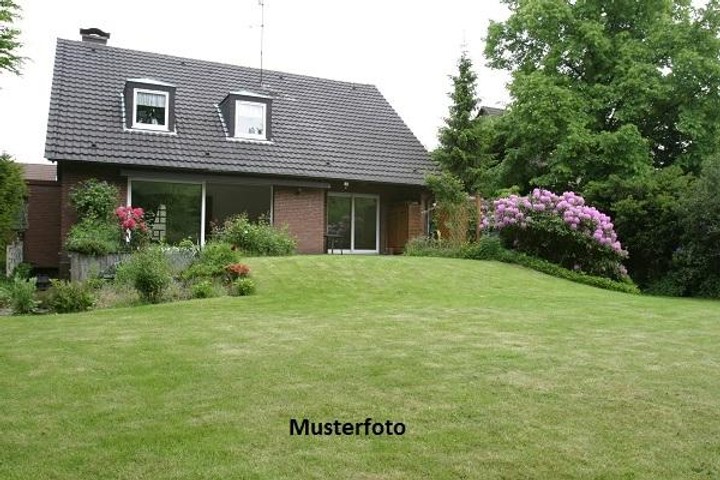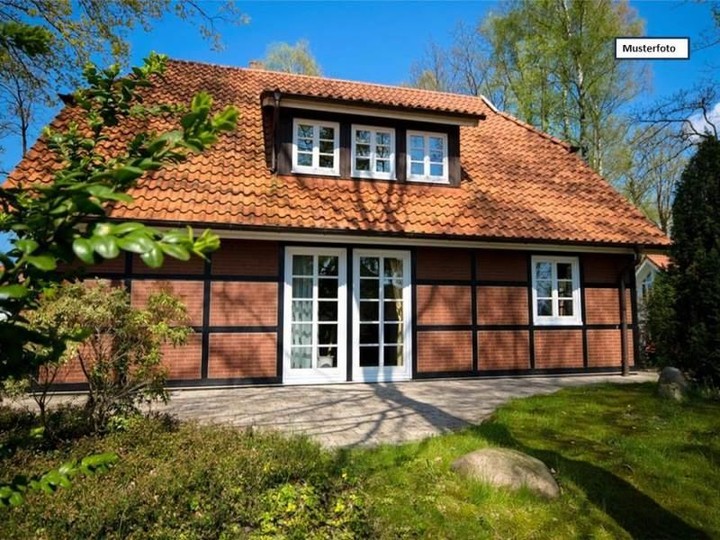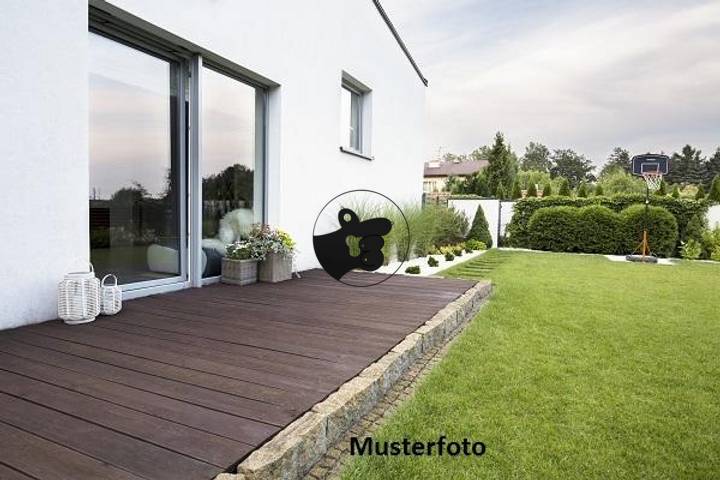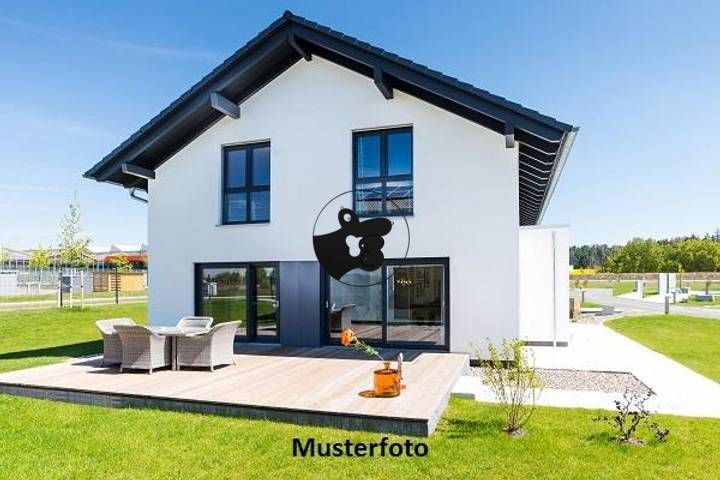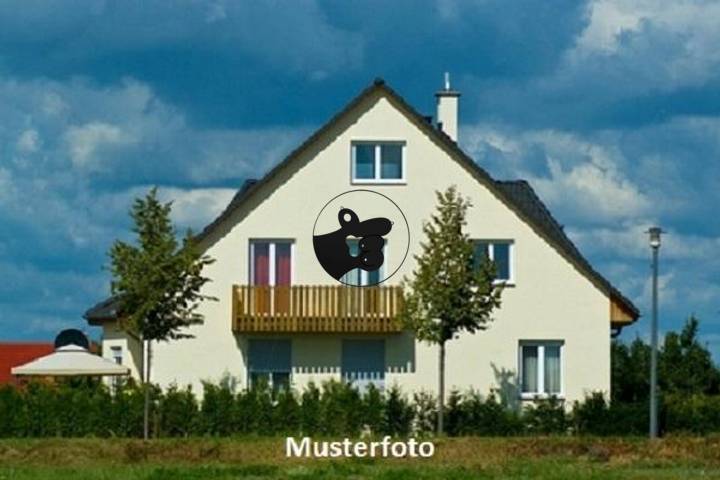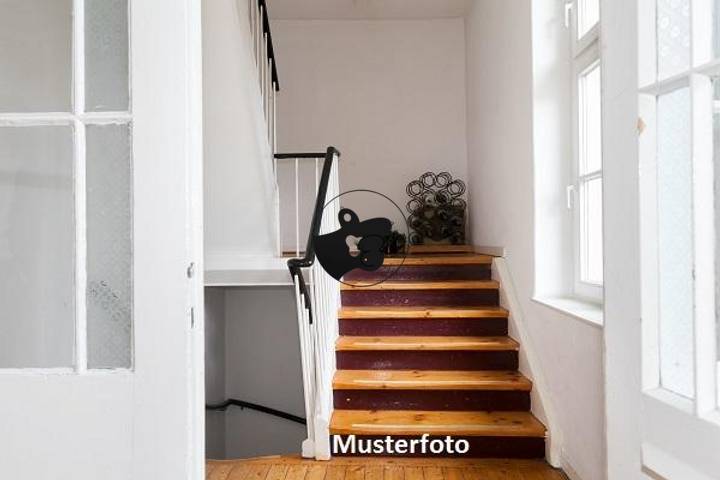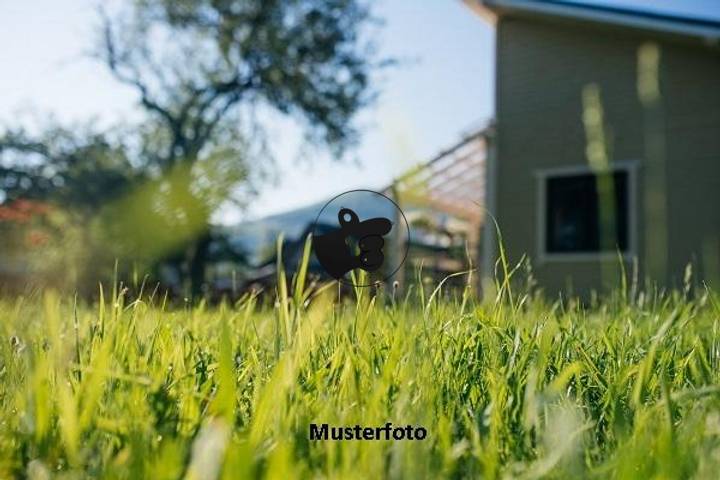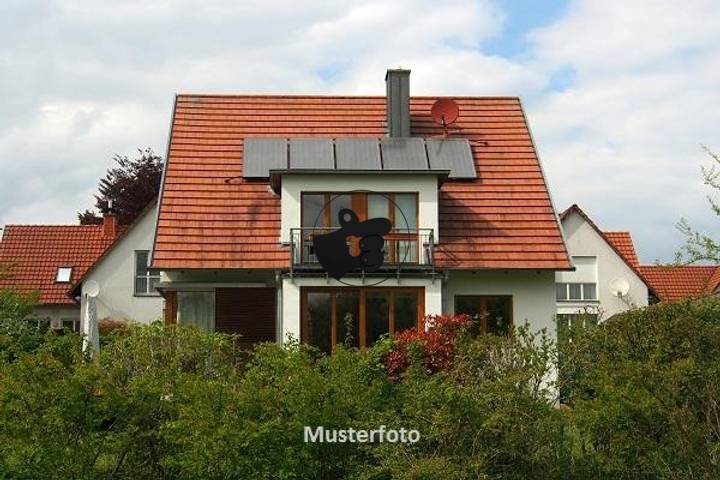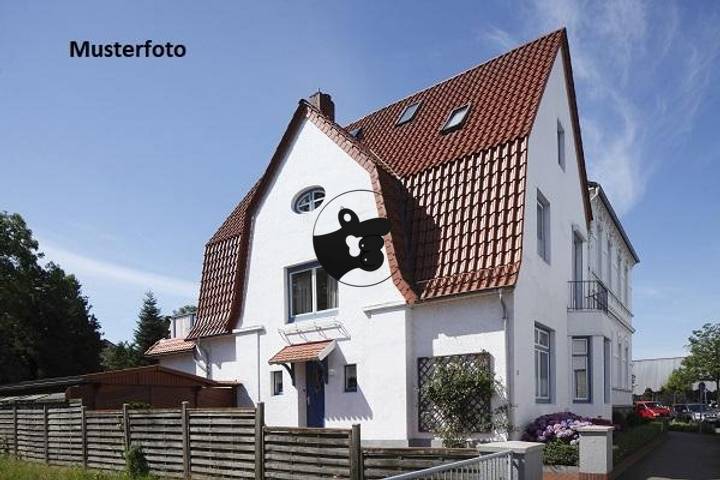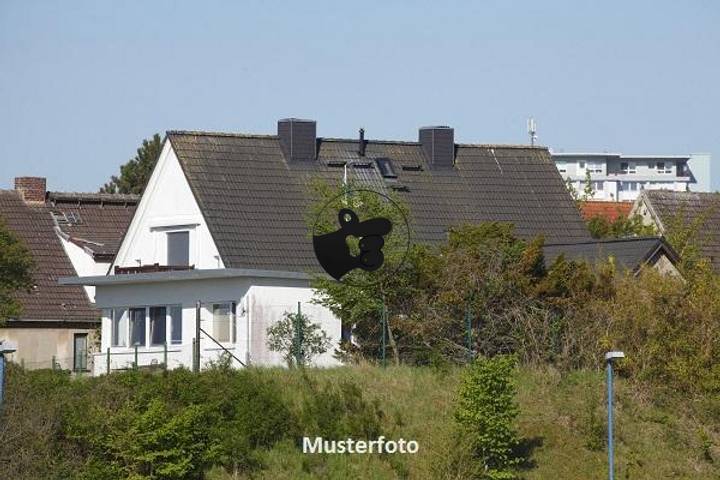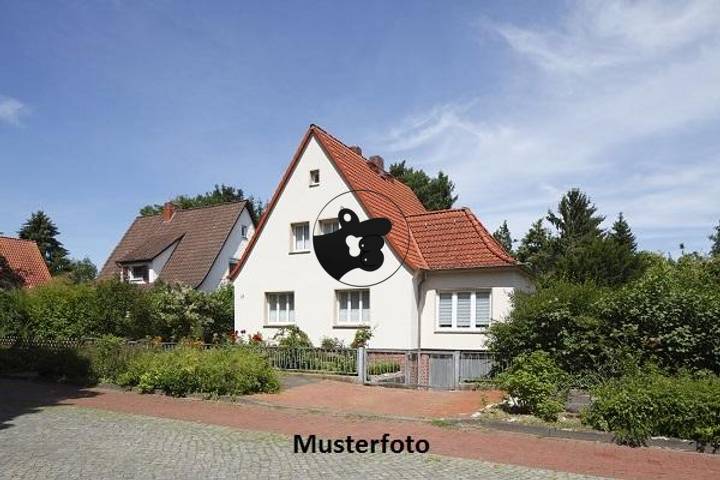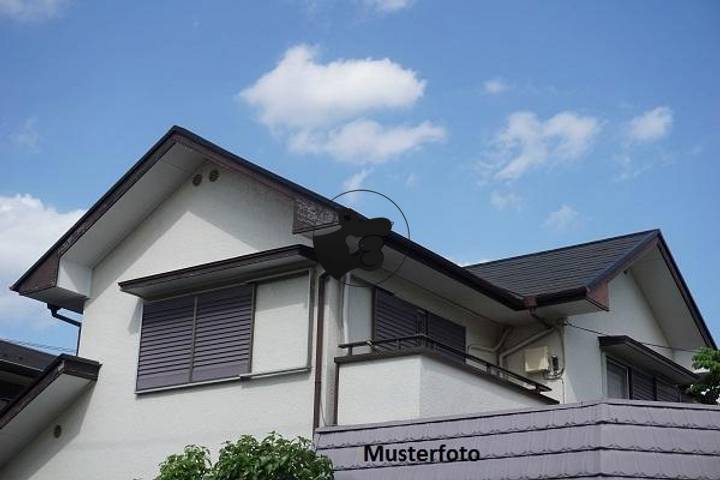Real estate prices in Fürth are influenced by several key factors. One major aspect is the city's connectivity, with its proximity to Nürnberg providing residents easy access to urban amenities and job opportunities. The quality of local schools and educational institutions also plays a significant role, as families often seek neighborhoods with good educational options. Additionally, community amenities such as parks, restaurants, and shopping centers can make certain areas more desirable, thus driving up demand and prices. Historic architecture and the cultural heritage of neighborhoods may attract buyers interested in charm and character, particularly in districts like the Altstadt. Lastly, the general economic climate, including employment rates and average income levels in the region, directly affects purchasing power and the overall real estate market dynamics in Fürth.
Furth
Location
Price Range
Any price
Price Range
Minimum
No min
Maximum
No max
Property type
Show all
Property type
Show all
House
Apartment
Building
Other
Bedrooms
Any beds
Bedrooms
Minimum
No min
Maximum
No max
Surface Range
Any surface
Surface Range
Minimum
No min
Maximum
No max
Sale type
For sale
Sale type
Show all
To rent
For sale
Location
Apartments and houses for sale in Furth
32 results
Recent
Furth insights
| Aspect | Summary |
|---|---|
| Population | About 130,000 |
| Average Property Price | Approximately €3,000/m² |
| Rental Yield | Around 4.5% - 6% |
| Average Rent | €12 - €14/m² |
| Occupancy Rate | Around 95% |
| Capital Growth Rate | Estimated at 3% per annum |
| Property Tax | About 3.5% of property value |
| Transaction Costs | Approximately 7% - 10% of property price |
| Expected ROI | 7% - 10% including capital growth |
| Economic Growth Impact | Steady growth due to industrial and tech sectors |
Furth FAQ
What factors influence real estate prices in Furth?
How do property prices in Furth compare to neighboring areas?
Property prices in Fürth are generally lower than those in nearby cities like Nuremberg and Erlangen, making it an attractive option for buyers seeking more affordable housing. As of late 2023, the average price per square meter in Fürth hovers around €3,000, whereas in Nuremberg, the figure can climb to approximately €4,200 due to its larger size and more extensive amenities. Erlangen, known for its university and research facilities, also sees prices around €3,800 per square meter. For example, a three-bedroom apartment in Fürth might range between €250,000 to €350,000, while similar accommodations in Nuremberg could easily cost upwards of €400,000. The variance in property prices reflects not only the demand but also the differences in local infrastructure and lifestyle offerings, with Fürth remaining relatively well-connected to both Nuremberg and Erlangen through public transport, yet retaining a more suburban feel.
What is the average price of homes in Furth?
The average price of homes in Fürth, Germany, varies depending on the neighborhood and type of property. As of late 2023, single-family homes in sought-after areas can range from approximately €400,000 to €600,000, while larger homes with modern amenities tend to cost even more, often exceeding €700,000. For smaller apartments, prices generally fall between €150,000 and €250,000, depending on size and location. In districts closer to public transportation and local amenities, prices can be higher. Notably, properties near the city center might command prices upwards of €3,000 per square meter, while those in more suburban locales may be priced around €2,500 per square meter. These figures reflect the ongoing demand for real estate in Fürth, influenced by its proximity to major cities like Nuremberg.
Are real estate prices in Furth trending up or down?
Real estate prices in Fürth have shown a noticeable upward trend, especially in the residential sector. The average price for apartments in the city has increased significantly, with reports indicating a rise of approximately 10% over the past year, reflecting the growing demand for housing in the region. The expansion of infrastructure and the proximity to Nuremberg, which offers numerous job opportunities, have made Fürth an attractive option for families and young professionals. Neighborhoods like Stadeln and Dambach have experienced particularly high demand, with properties often selling above the asking price. However, certain areas, such as parts of the city center, have shown more stable price levels, with little fluctuation due to existing market saturation and economic factors.
How do economic conditions affect real estate prices in Furth?
Economic conditions significantly impact real estate prices in Fürth, reflecting trends seen across many regions in Germany. For instance, during periods of strong economic growth, characterized by low unemployment and increasing disposable income, demand for housing typically rises. This can lead to price increases, as seen in recent years when Fürth's housing market experienced a surge due to its proximity to Nuremberg and the influx of professionals seeking affordable living options. Conversely, in times of economic downturns, such as the uncertainty brought on by global crises, potential buyers may hold off on purchasing property, leading to a decline in demand and consequently, a slowdown or decrease in real estate prices. Furthermore, interest rates play a crucial role; lower rates can spur more individuals to enter the housing market, driving prices up, whereas higher rates may deter buyers and lead to stagnation in sales and valuation. Additionally, local economic factors, like the performance of industries prevalent in Fürth, can influence region-specific fluctuations in real estate value.
What is the average time a property stays on the market in Furth?
In Fürth, the average time a property remains on the market fluctuates based on various factors, including location, property type, and current market conditions. Typically, residential properties in popular areas can see average listing times of about 30 to 60 days, while those in less sought-after neighborhoods may linger for several months. For instance, single-family homes in prime locations can attract buyers quickly, often going under contract within a few weeks, whereas larger multi-family units may take longer due to their niche appeal and higher price points. Seasonal trends also play a significant role; for example, properties listed in spring or early summer often experience faster sales compared to those listed in winter. Overall, the interplay of these factors shapes the dynamics of the real estate market in Fürth.
How can I find historical real estate prices in Furth?
To find historical real estate prices in Fürth, you can start by exploring online real estate databases such as ImmobilienScout24 or Immowelt, which often provide price trends and historical data for specific areas. Additionally, the local government or city council's website may have property tax records or economic reports that detail the evolution of property values over the years. Local newspapers often archive real estate sections that could provide insights into market conditions at various points in time. Additionally, accessing the SAP's (Statistisches Amt für das Land Bayern) publications can be useful, as they occasionally publish statistical information on property values in the region. Real estate agencies that operate in Fürth might also have historical sales data that they can share, either through their websites or directly upon inquiry.




